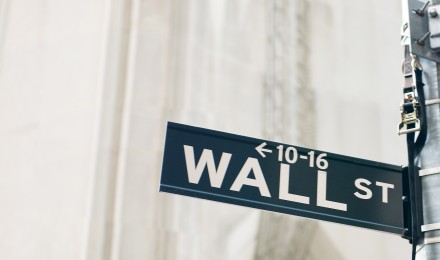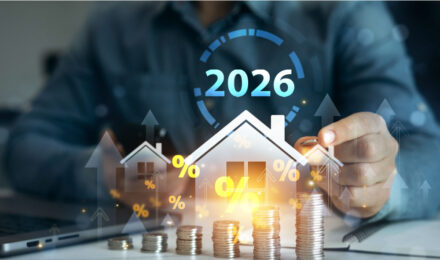The United States economy, 70 percent of which is driven by consumer spending, may see better than expected household spending this quarter as the Thomson Reuters/University of Michigan preliminary August index of consumer spending surprised economic forecasters by reaching its highest level since May.
Experts forecast that the index would remain unchanged from its 72.3 last month. Instead the index rose a healthy 1.3 to and recorded a 73.6.
The news was welcome by economists as it ended two months of falling consumer sentiment. August’s increase may be seen as an indication that consumers are beginning to feel some relief due to increasing payrolls. As the index rises the likelihood that households will continue the July increase in retail sales. This sets the stage for stronger growth in the third quarter.
With retailers holding sales throughout the month and low mortgage rates continuing many Americans intend to spend more according to the survey.
However, the survey also revealed that consumer worries about inflation were heightened in both short-term and long-term expectations based on fears of rising food prices. Most consumers surveyed were aware that the ongoing US drought would result in higher food prices. Consumers also are sensitive to rising oil prices which climbed to over $90 per barrel that translates to higher gasoline prices and potentially increased home heating oil prices.
The one-year inflation expectation level rose 3.0 percent to 3.6 percent; the highest level since March while the survey’s five-to-10-year inflation outlook recorded 3.0 percent, up from 2.7 percent.
The poll also uncovered that consumers are more optimistic about the economy. The measure of current economic conditions rose to its highest level since the beginning of 2008 recording an 87.6.
The good news continued as plans by households to buy durables rose to 140 from 130. This was caused by lower prices for items such as appliances and televisions.
While consumer sentiment rose, their salary expectations did not – the majority of households now expect no increase in income over the next 12 months with index falling from 65.6 to 64.5; the lowest level since December, 2011.
Survey director Richard Curtin reported that personal spending growth will likely be just a bit under 2.0 percent until early 2013.
There was little reaction from Wall Street with stocks remaining unchanged immediately after the survey was released. However, the dollar scored a session high against the Japanese yen.
The consumer sentiment survey is important as it is directly related how consumers will spend. The US economy is a consumption driven one and consumer spending makes up more than 70 percent of the total economy.
The United States economy, 70 percent of which is driven by consumer spending, may see better than expected household spending this quarter as the Thomson Reuters/University of Michigan preliminary August index of consumer spending surprised economic forecasters by reaching its highest level since May.
Experts forecast that the index would remain unchanged from its 72.3 last month. Instead the index rose a healthy 1.3 to and recorded a 73.6.
The news was welcome by economists as it ended two months of falling consumer sentiment. August’s increase may be seen as an indication that consumers are beginning to feel some relief due to increasing payrolls. As the index rises the likelihood that households will continue the July increase in retail sales. This sets the stage for stronger growth in the third quarter.
With retailers holding sales throughout the month and low mortgage rates continuing many Americans intend to spend more according to the survey.
However, the survey also revealed that consumer worries about inflation were heightened in both short-term and long-term expectations based on fears of rising food prices. Most consumers surveyed were aware that the ongoing US drought would result in higher food prices. Consumers also are sensitive to rising oil prices which climbed to over $90 per barrel that translates to higher gasoline prices and potentially increased home heating oil prices.
The one-year inflation expectation level rose 3.0 percent to 3.6 percent; the highest level since March while the survey’s five-to-10-year inflation outlook recorded 3.0 percent, up from 2.7 percent.
The poll also uncovered that consumers are more optimistic about the economy. The measure of current economic conditions rose to its highest level since the beginning of 2008 recording an 87.6.
The good news continued as plans by households to buy durables rose to 140 from 130. This was caused by lower prices for items such as appliances and televisions.
While consumer sentiment rose, their salary expectations did not – the majority of households now expect no increase in income over the next 12 months with index falling from 65.6 to 64.5; the lowest level since December, 2011.
Survey director Richard Curtin reported that personal spending growth will likely be just a bit under 2.0 percent until early 2013.
There was little reaction from Wall Street with stocks remaining unchanged immediately after the survey was released. However, the dollar scored a session high against the Japanese yen.
The consumer sentiment survey is important as it is directly related how consumers will spend. The US economy is a consumption driven one and consumer spending makes up more than 70 percent of the total economy.






